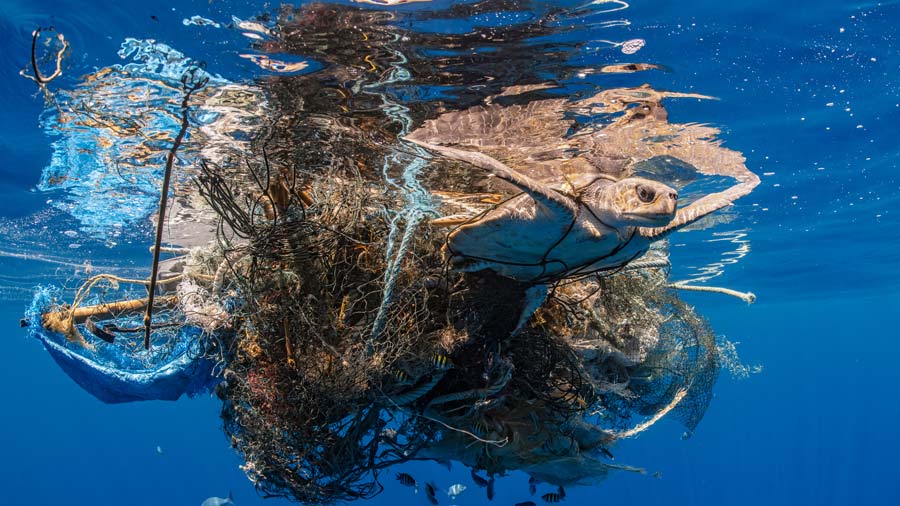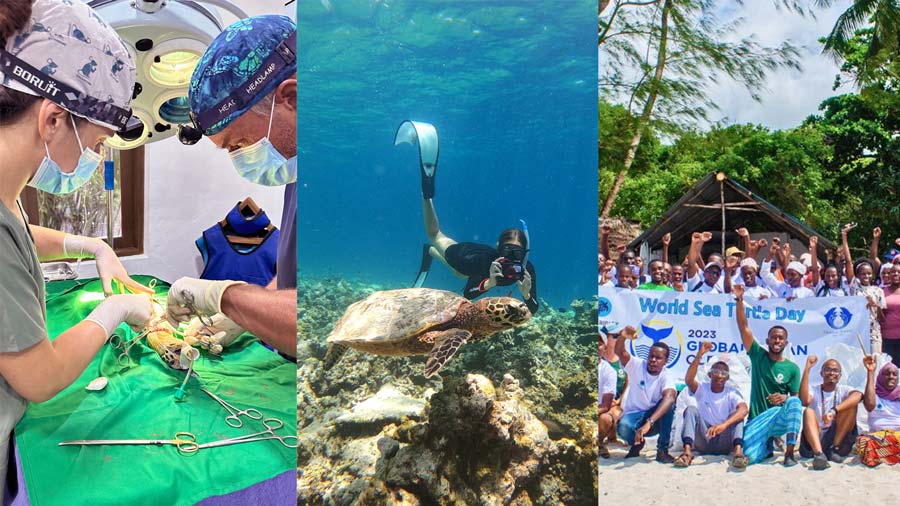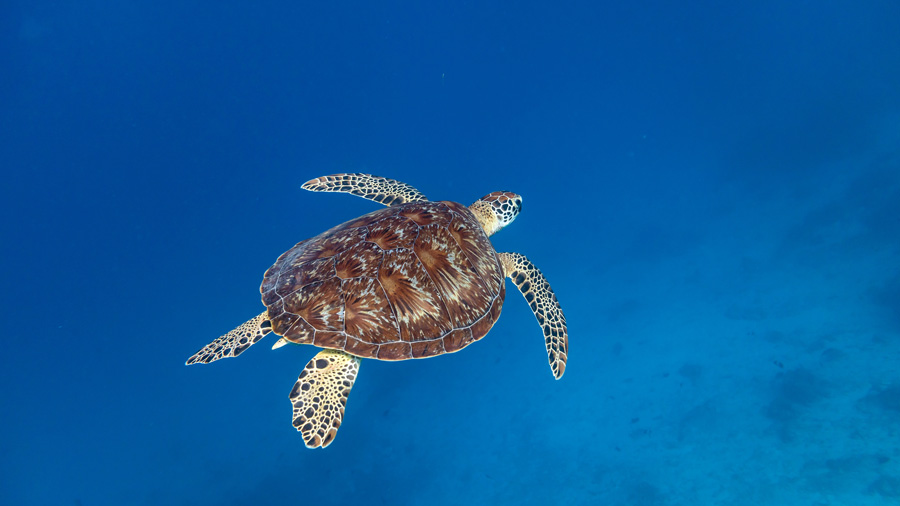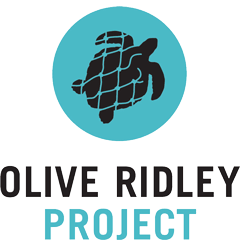The Olive Ridley Project story
We are on a mission to protect sea turtles and their habitats through rescue and conservation medicine, scientific research, and educational outreach. Our vision is simple: a world where sea turtles can roam free from human-induced threats.
How we started
Olive Ridley Project (ORP) was founded by Dr Martin Stelfox in 2013. While working as a biologist in the Maldives, he kept encountering olive ridley turtles entangled in abandoned, lost, or discarded fishing nets – commonly known as ghost nets.

Curious to understand the scale and source of the problem, he enlisted the help of fellow biologists and citizen scientists to investigate. What started as a one-person mission soon evolved into a charity with a holistic, science-led approach to conserving sea turtles and their habitats.
Where we are today
We now focus our work in three interconnected areas:
- Sea turtle rescue and conservation medicine
- Scientific and clinical research
- Educational outreach
By applying the One Health model to sea turtle conservation, we recognise that these areas – as well as animal health, ecosystem health and human wellbeing – are deeply connected. This approach allows us to promote healthier oceans and better outcomes for sea turtles, and for people.
Our growth and impact

In the years following our founding, we quickly expanded our focus beyond scientific research to include sea turtle rescue, rehabilitation, and educational outreach. In 2017, we opened the first veterinary-led marine turtle rescue centre in the Maldives. This was followed by our first rehabilitation centre in 2019, and two more in 2024.
As our expertise grew, we moved away from a traditional “rescue and release” model and embraced a conservation medicine approach – one that addresses long-term sea turtle health and broader ecosystem challenges.
Our wider impact includes:
- Strengthening educational outreach through internships, volunteering, veterinary training, workshops, presentations, and an online learning platform
- Expanding our research to include sea turtle population health, abundance, behaviour, spatial ecology, genetics, parasitology, and threats like habitat degradation and fishery-related risks
- Supplementing scientific research with social and socioeconomic surveys to understand the cultural, ecological, and economic value of sea turtles to coastal communities.
- Establishing operational bases in Kenya, the Maldives, Oman, Pakistan and Seychelles
- Collaborating with stakeholders in Tunisia, Greece, Cape Verde and Saudi Arabia
- Building a team of over 40 marine conservation experts
- Encouraging conservation from the ground up by supporting community-led initiatives in Kenya, the Maldives, and Pakistan
- Forming strong partnerships with research institutions, fishing communities and policymakers, placing us at the forefront of sea turtle conservation in the regions where we work
In 2016, we became a Charitable Incorporated Organisation registered in England and Wales (Charity No. 1165905). We later registered:
- ORP – Maldives as a local NGO in 2022 (CR/04/2022)
- ORP – Kenya in 2024 (NGO-EPFPJ6)
Our strategy for the future
Sea turtles are global citizens. They cross oceans, live long lives and pass through many types of marine habitats. Along the way, they face threats, most caused by human activity.

Because of their long migrations and lifespan, sea turtles are key indicators of ocean health; their wellbeing reflects the condition of the ecosystems they inhabit. When we protect them, we’re protecting entire marine ecosystems.
We are at a turning point. With the right strategy, we can significantly reduce human-induced threats to sea turtles – both in the regions where we currently operate and in new strategic locations. To meet this challenge, we’ve refined our strategy based on our evolving understanding of what drives long-term impact.
Our strategic goals:
- Goal 1: Shield sea turtles from human interference and the impact of climate change
- Goal 2: Reduce suffering and deepen our understanding of sea turtle health through conservation medicine and clinical research
- Goal 3: Empower more people to take action to protect sea turtles and their habitats
You can read more about our strategy here →.
Where does the name “Olive Ridley Project” come from?
The name Olive Ridley Project is a tribute to our origins, documenting olive ridley turtle entanglements in the Maldives. While our work has expanded, the name reminds us where it all began – and why we do what we do.

